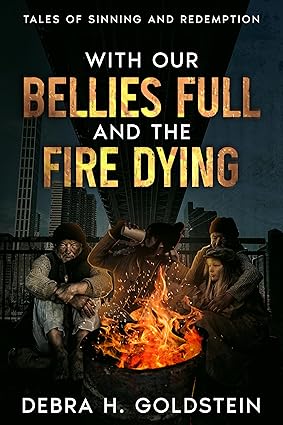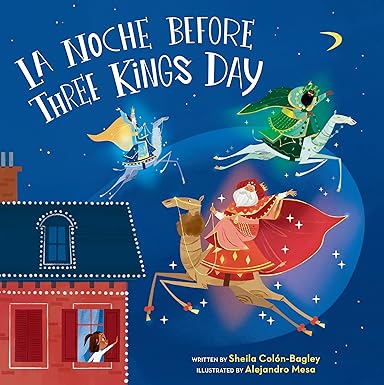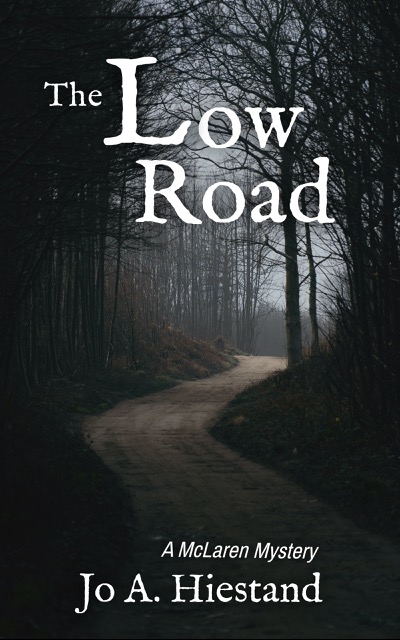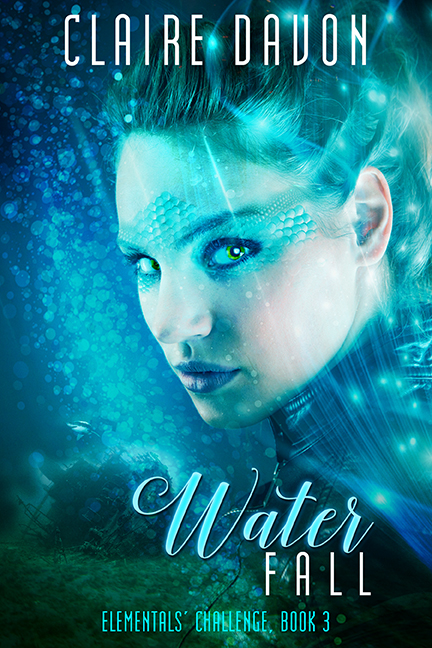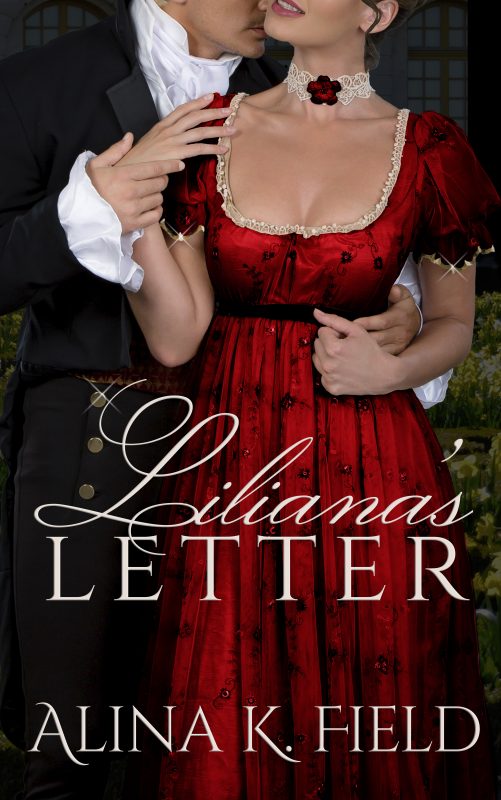e-maginings: Changing Times
August 16, 2012 by A Slice of Orange in category Archives tagged as 2012 National RWA Conference, e-maginings, HP Mallory, romance industry, Stephanie LaurensAs some of you know, I still work part-time at Fullerton Public Library as a substitute librarian. My job is to sit at the Information/Reference Desk, now casually labeled the “Ask Here” desk, and answer patrons questions.
The other morning, a patron came in looking for books by an author I’d never heard of. We didn’t have any of her books in print or as downloadable books, but the woman told me she had read the first book in a paranormal romance series read it and was hot to read the next. She’d gotten the first book as a Kindle freebie, so I went to Amazon and discovered that the books were indie published. Apparently, the author in question, H.P. Mallory, had been such a success with her two indie series, she now has a contract with Bantam for more books in the series.
This all reminded me of Stephanie Laurens’s Keynote Speech at the recent RWA conference. She talked about how the publishing industry has changed and is in the process of changing. The writing process is the same; the reading process is the same; but the distribution system has been upended. Authors now have more options than ever before, including going directly to the reader. If you missed the speech, it’s at Laurens’s website.
There’s an ancient Chinese proverb that says, “May you live in interesting times.” which is sometimes taken more of a curse than a blessing. Whatever you may think of the changes in the publishing industry, you can’t deny that we are living in interesting times.
Linda Mac
Linda McLaughlin
aka Lyndi Lamont
Twitter: @LyndiLamont
WHAT A CHARACTER
August 15, 2012 by A Slice of Orange in category Archives tagged as character, characterization, Rebecca ForsterRWA 2012 RITA Awards VIDEOS including OCC’s own Tessa Dare along with Joanna Bourne and Ann Aguirre by Jina Bacarr
August 11, 2012 by A Slice of Orange in category Archives tagged as #Historical, 2012, 2012 National RWA Conference, Anaheim, Ann Aguirre, Disneyland, Joanna Bourne, l RWA, regency, Rita, romance novels, Romances, Tessa DareEven Sleeping Beauty wouldn’t have gotten a wink of sleep at the RWA 2012 Conference in Anaheim near Disneyland. I didn’t. I was as busy as the Mad Hatter running from workshop to workshop and shooting video. Lots of video. 12 GB worth. That’s 12 billion bytes as in billion.
This week I’m going to spotlight three of my favorite RITA award winners, beginning with OCC’s own TESSA DARE!! Super congrats, Tessa, well deserved.
Tessa Dare, winner of the RITA for “A Night to Surrender” — her thank you to her hubby is beautiful.
Joanna Bourne’s wonderful tribute to teachers everywhere in her RITA speech for “The Black Hawk”
And here is the video everyone is talking about…
Ann Aguirre’s RITA speech for YA “Enclave” including her now infamous “interpretive dance.”
Now if you’ll excuse me, like Snow White’s dwarf, Sleepy, I’m…going to…take a nap…zzzzzzzzzzz
Best,
Jina
My Creativity is Currently in the Warehouse (13)
August 9, 2012 by A Slice of Orange in category Archives tagged as creativity, goodreads, It's Worth It, Kitty Bucholtz, Routines for Writers, TV, What Inspires You I’m on a Warehouse 13 marathon right now. Even though we’re watching episodes we’ve seen, starting at Season 1, Episode 1, I still love it. That’s the great thing about stories you love. You can enjoy them over and over again.
I’m on a Warehouse 13 marathon right now. Even though we’re watching episodes we’ve seen, starting at Season 1, Episode 1, I still love it. That’s the great thing about stories you love. You can enjoy them over and over again. Add to all that, my jump from wanting to know more about how the brain works to finding books explaining it to me, and I’ve added yeast to the bread mix. I mean that in terms of rising and growing, not in terms of becoming gaseous and fermenting. Though the fermenting part is making me think of wine, which reminds me of living in Australia, which reminds me of some of the unexpectedly creative pieces I wrote in uni. (Now that I have Australia-brain, my brain is using Australian terms. “Uni” is short for university, i.e., my master’s in creative writing program.) And using Aussie vocabulary reminds me of my friends whom I miss terribly, which reminds me I was going to call Verizon this week and get that international calling plan, which makes me think about having some international characters in my superhero novels, which makes me think of the Cowboy character I created for a short story that went nowhere. Now I just need to figure out how to get an Australian superhero named Cowboy, and his super horse, across the ocean to Michigan where my superheroes are living.
Add to all that, my jump from wanting to know more about how the brain works to finding books explaining it to me, and I’ve added yeast to the bread mix. I mean that in terms of rising and growing, not in terms of becoming gaseous and fermenting. Though the fermenting part is making me think of wine, which reminds me of living in Australia, which reminds me of some of the unexpectedly creative pieces I wrote in uni. (Now that I have Australia-brain, my brain is using Australian terms. “Uni” is short for university, i.e., my master’s in creative writing program.) And using Aussie vocabulary reminds me of my friends whom I miss terribly, which reminds me I was going to call Verizon this week and get that international calling plan, which makes me think about having some international characters in my superhero novels, which makes me think of the Cowboy character I created for a short story that went nowhere. Now I just need to figure out how to get an Australian superhero named Cowboy, and his super horse, across the ocean to Michigan where my superheroes are living. I like Katie. I like her so much that I like to play with her even though she’s a little girl and I’m a grown
I like Katie. I like her so much that I like to play with her even though she’s a little girl and I’m a grown WHAT ARE YOU GOING TO DO NOW?
August 2, 2012 by A Slice of Orange in category Archivesby Jann Audiss
Affiliate Links
A Slice of Orange is an affiliate with some of the booksellers listed on this website, including Barnes & Nobel, Books A Million, iBooks, Kobo, and Smashwords. This means A Slice of Orange may earn a small advertising fee from sales made through the links used on this website. There are reminders of these affiliate links on the pages for individual books.
Search A Slice of Orange
Find a Column
Archives
Featured Books
WITH OUR BELLIES FULL AND THE FIRE DYING: TALES OF SINNING AND REDEMPTION
Family and friends, their sins and their sometimes redemption.
More info →
LA NOCHE BEFORE THREE KINGS DAY
La Noche Before Three Kings Day is a perfect holiday tale.
More info →LILIANA’S LETTER
Hired to help an heiress snare a titled husband, a down-on-her-luck lady dodges her own shadowy past and the titled Lord determined to uncover it.
More info →Newsletter
Contributing Authors
Search A Slice of Orange
Find a Column
Archives
Authors in the Bookstore
- A. E. Decker
- A. J. Scudiere
- A.J. Sidransky
- Abby Collette
- Alanna Lucus
- Albert Marrin
- Alice Duncan
- Alina K. Field
- Alison Green Myers
- Andi Lawrencovna
- Andrew C Raiford
- Angela Pryce
- Aviva Vaughn
- Barbara Ankrum
- Bethlehem Writers Group, LLC
- Carol L. Wright
- Celeste Barclay
- Christina Alexandra
- Christopher D. Ochs
- Claire Davon
- Claire Naden
- Courtnee Turner Hoyle
- Courtney Annicchiarico
- D. Lieber
- Daniel V. Meier Jr.
- Debra Dixon
- Debra H. Goldstein
- Debra Holland
- Dee Ann Palmer
- Denise M. Colby
- Diane Benefiel
- Diane Sismour
- Dianna Sinovic
- DT Krippene
- E.B. Dawson
- Emilie Dallaire
- Emily Brightwell
- Emily PW Murphy
- Fae Rowen
- Faith L. Justice
- Frances Amati
- Geralyn Corcillo
- Glynnis Campbell
- Greg Jolley
- H. O. Charles
- Jaclyn Roché
- Jacqueline Diamond
- Janet Lynn and Will Zeilinger
- Jaya Mehta
- Jeff Baird
- Jenna Barwin
- Jenne Kern
- Jennifer D. Bokal
- Jennifer Lyon
- Jerome W. McFadden
- Jill Piscitello
- Jina Bacarr
- Jo A. Hiestand
- Jodi Bogert
- Jolina Petersheim
- Jonathan Maberry
- Joy Allyson
- Judy Duarte
- Justin Murphy
- Justine Davis
- Kat Martin
- Kidd Wadsworth
- Kitty Bucholtz
- Kristy Tate
- Larry Deibert
- Larry Hamilton
- Laura Drake
- Laurie Stevens
- Leslie Knowles
- Li-Ying Lundquist
- Linda Carroll-Bradd
- Linda Lappin
- Linda McLaughlin
- Linda O. Johnston
- Lisa Preston
- Lolo Paige
- Loran Holt
- Lynette M. Burrows
- Lyssa Kay Adams
- Madeline Ash
- Margarita Engle
- Marguerite Quantaine
- Marianne H. Donley
- Mary Castillo
- Maureen Klovers
- Megan Haskell
- Melanie Waterbury
- Melisa Rivero
- Melissa Chambers
- Melodie Winawer
- Meriam Wilhelm
- Mikel J. Wilson
- Mindy Neff
- Monica McCabe
- Nancy Brashear
- Neetu Malik
- Nikki Prince
- Once Upon Anthologies
- Paula Gail Benson
- Penny Reid
- Peter Barbour
- Priscilla Oliveras
- R. H. Kohno
- Rachel Hailey
- Ralph Hieb
- Ramcy Diek
- Ransom Stephens
- Rebecca Forster
- Renae Wrich
- Roxy Matthews
- Ryder Hunte Clancy
- Sally Paradysz
- Sheila Colón-Bagley
- Simone de Muñoz
- Sophie Barnes
- Susan Kaye Quinn
- Susan Lynn Meyer
- Susan Squires
- T. D. Fox
- Tara C. Allred
- Tara Lain
- Tari Lynn Jewett
- Terri Osburn
- Tracy Reed
- Vera Jane Cook
- Vicki Crum
- Writing Something Romantic
Affiliate Links
A Slice of Orange is an affiliate with some of the booksellers listed on this website, including Barnes & Nobel, Books A Million, iBooks, Kobo, and Smashwords. This means A Slice of Orange may earn a small advertising fee from sales made through the links used on this website. There are reminders of these affiliate links on the pages for individual books.



